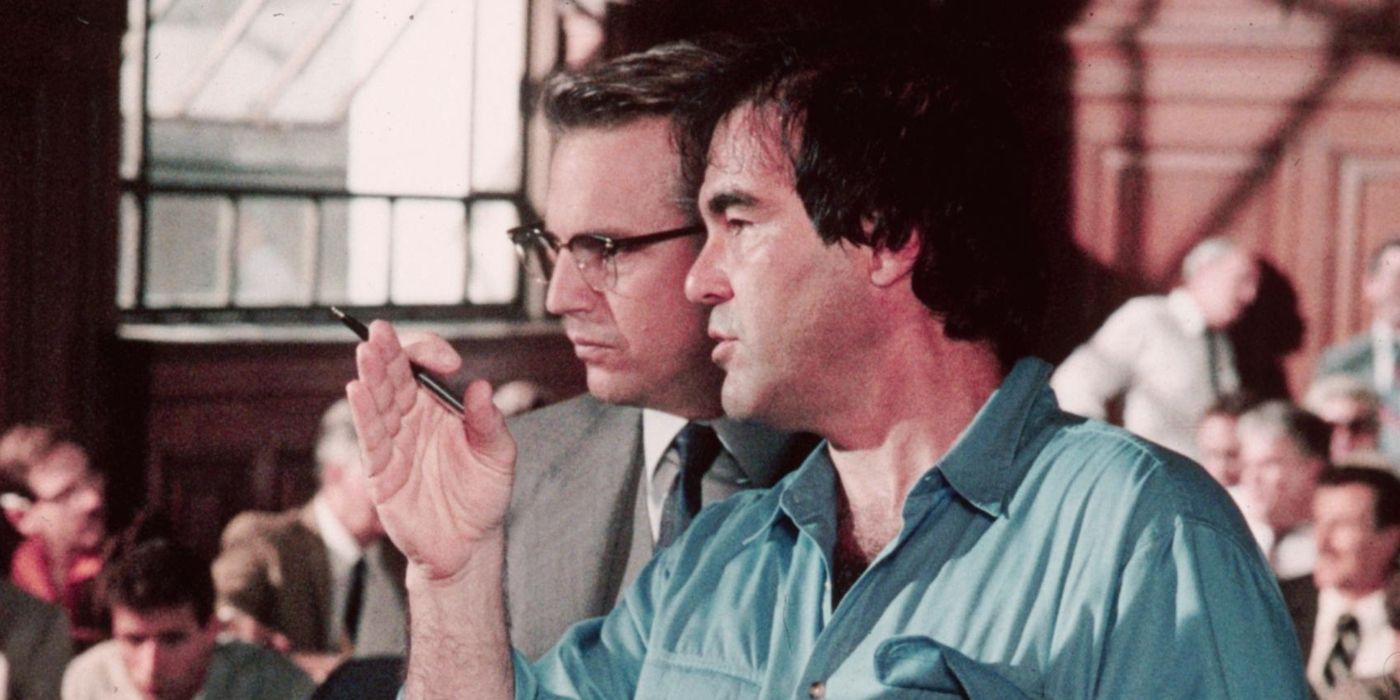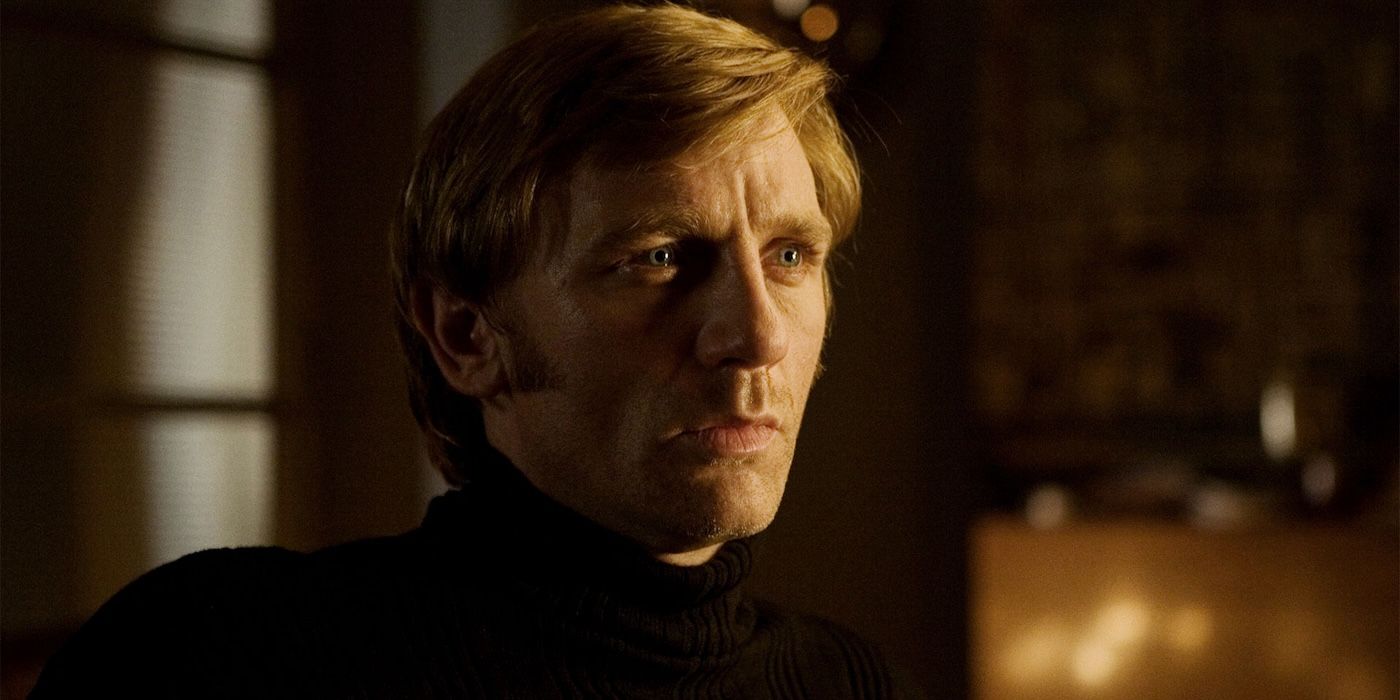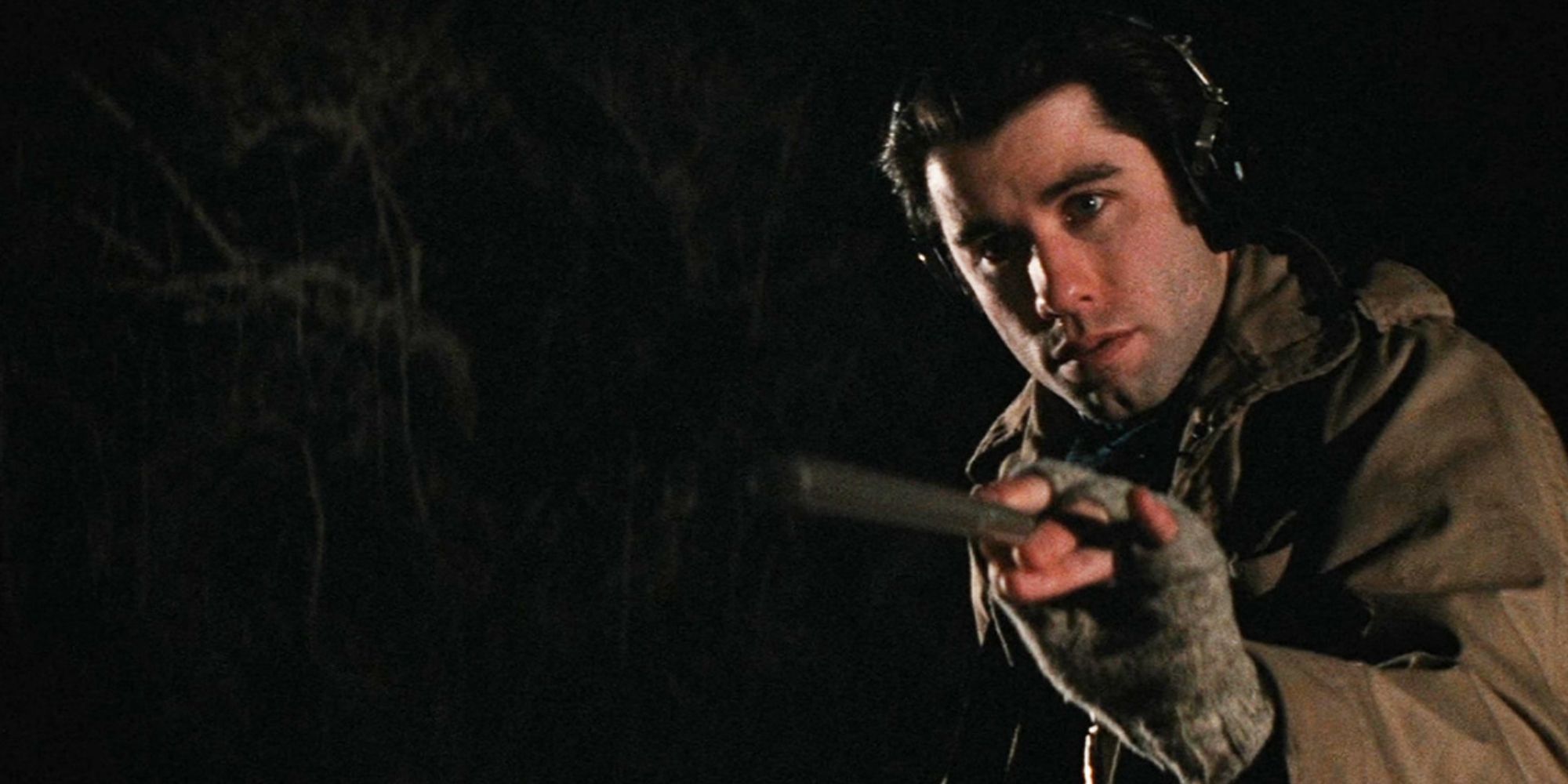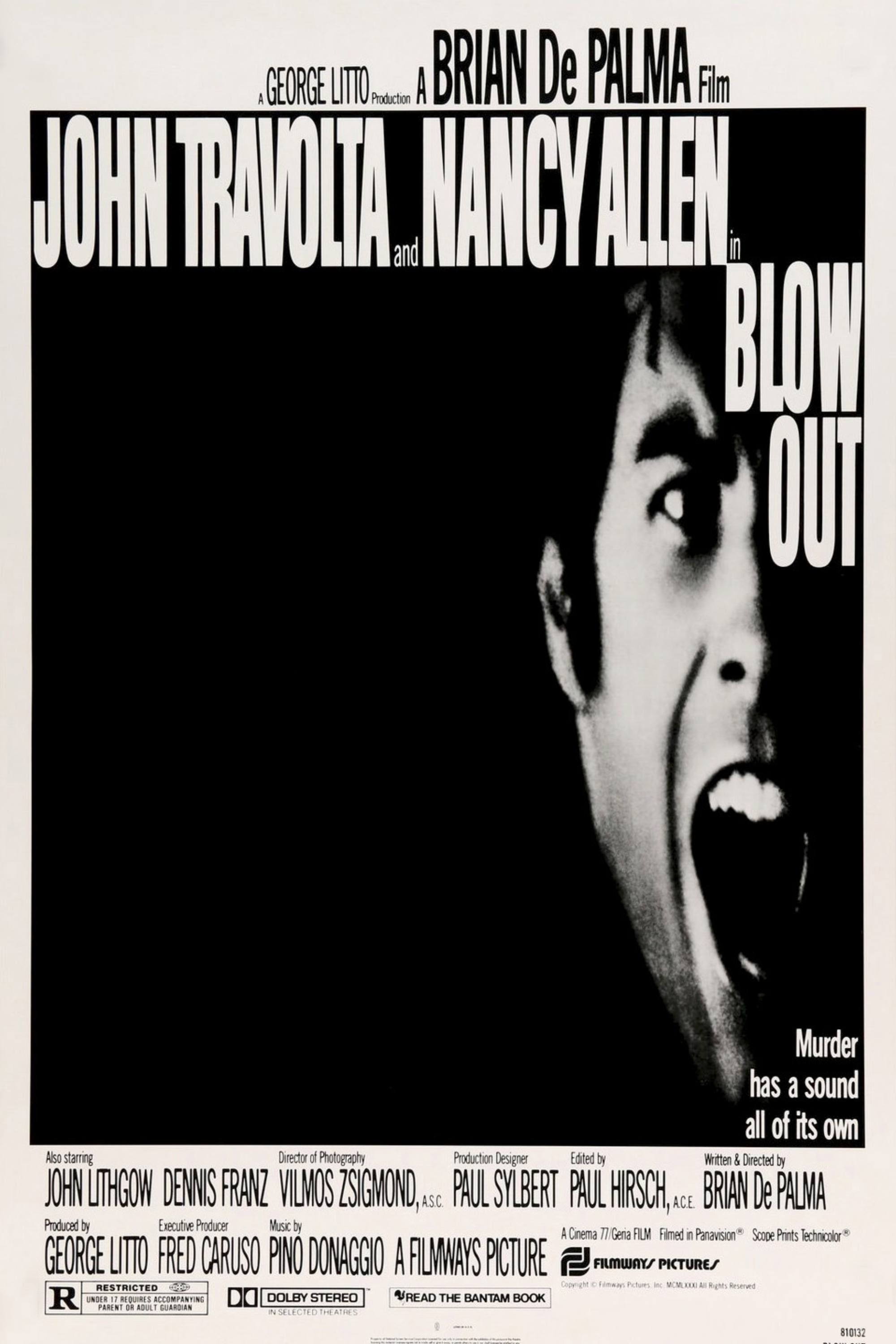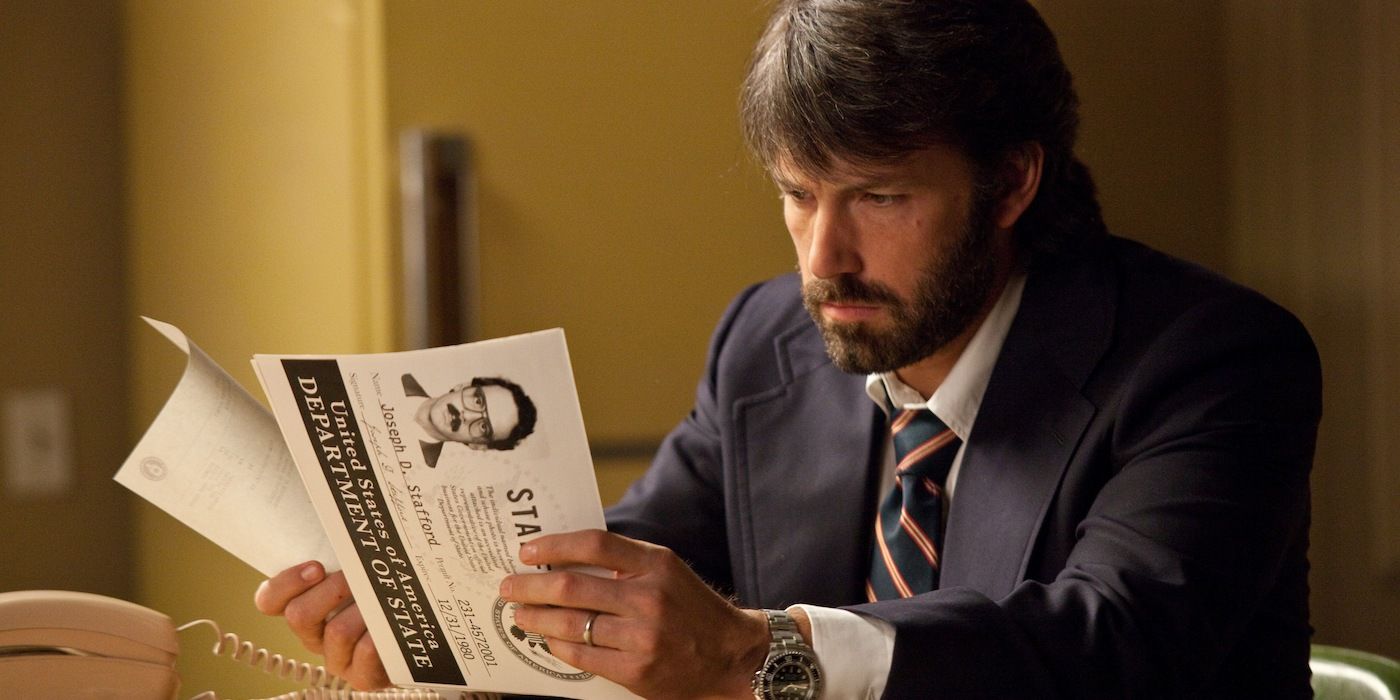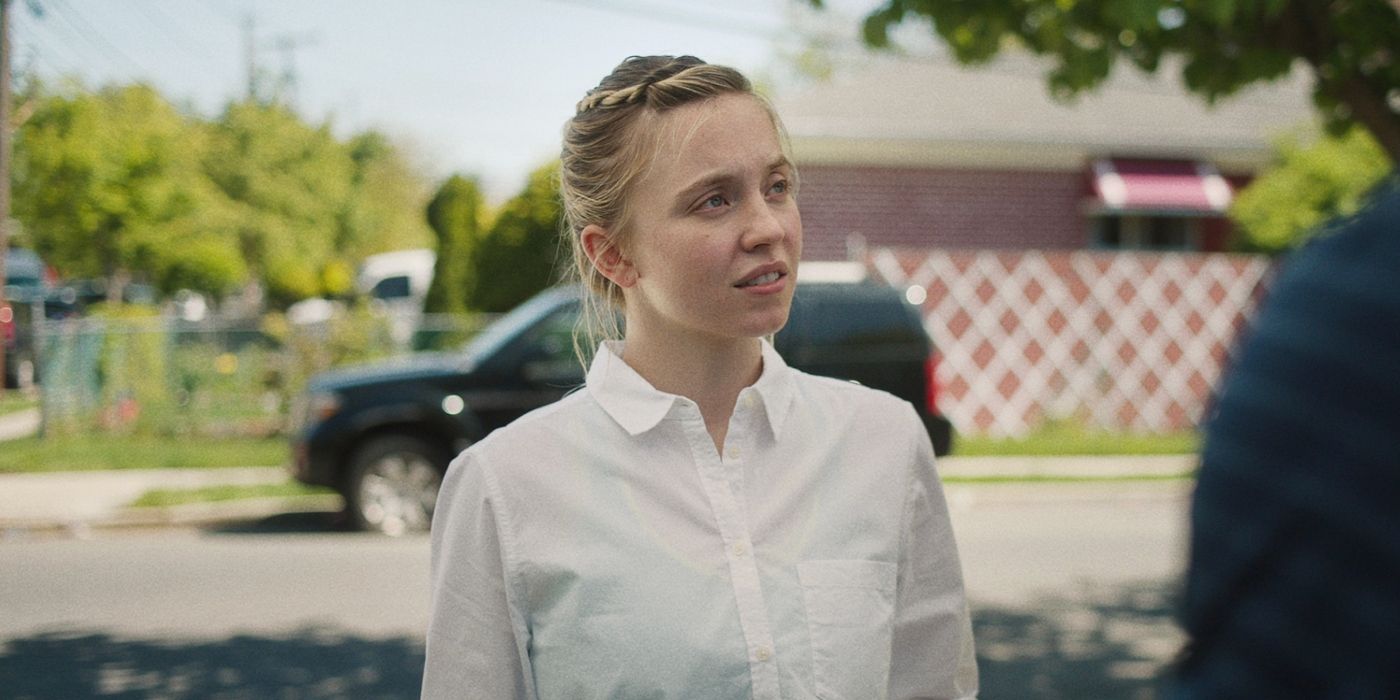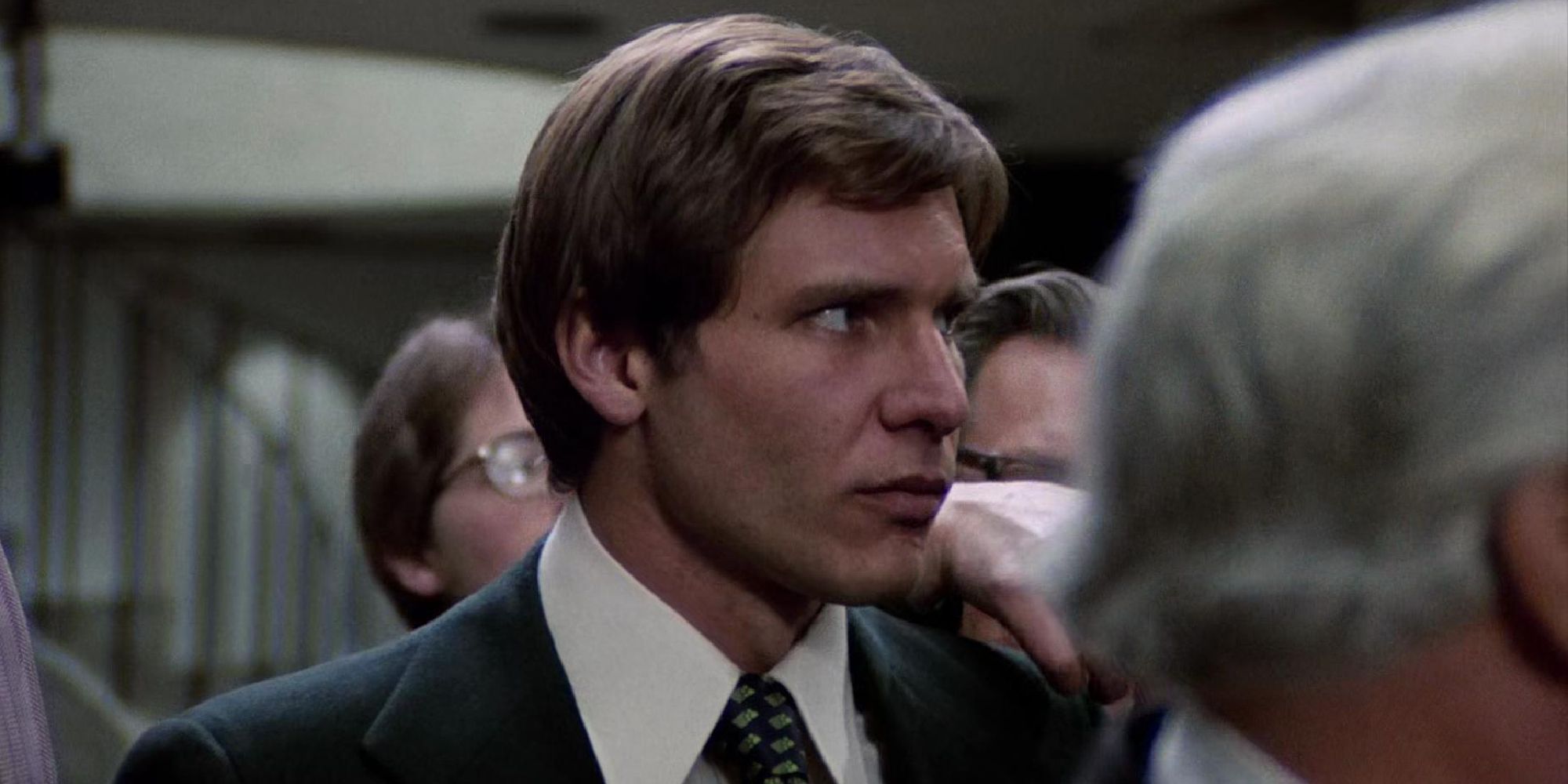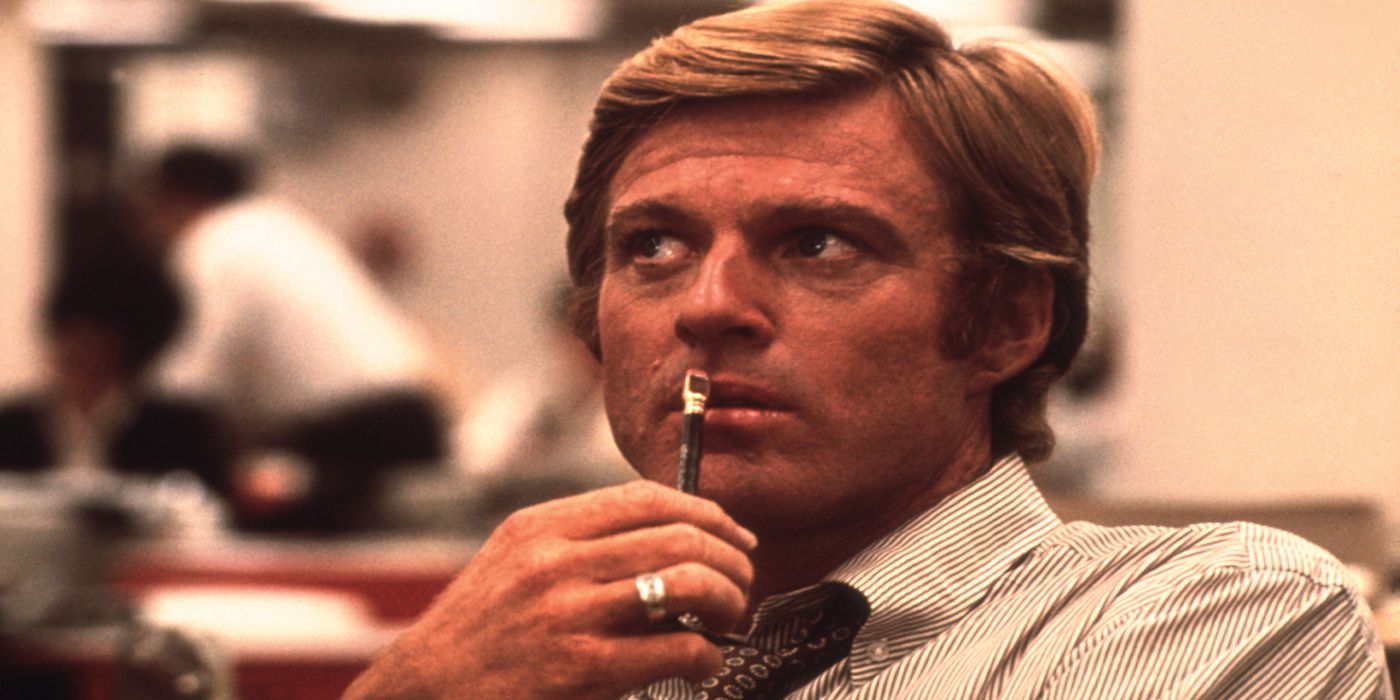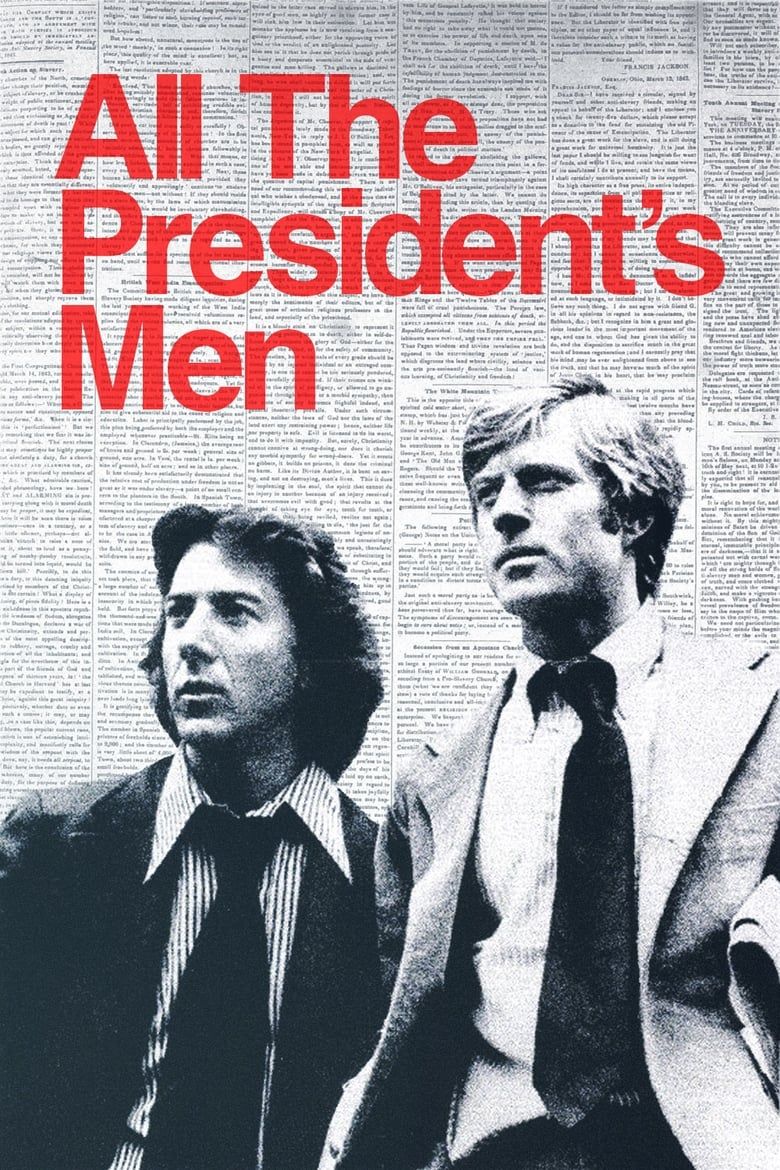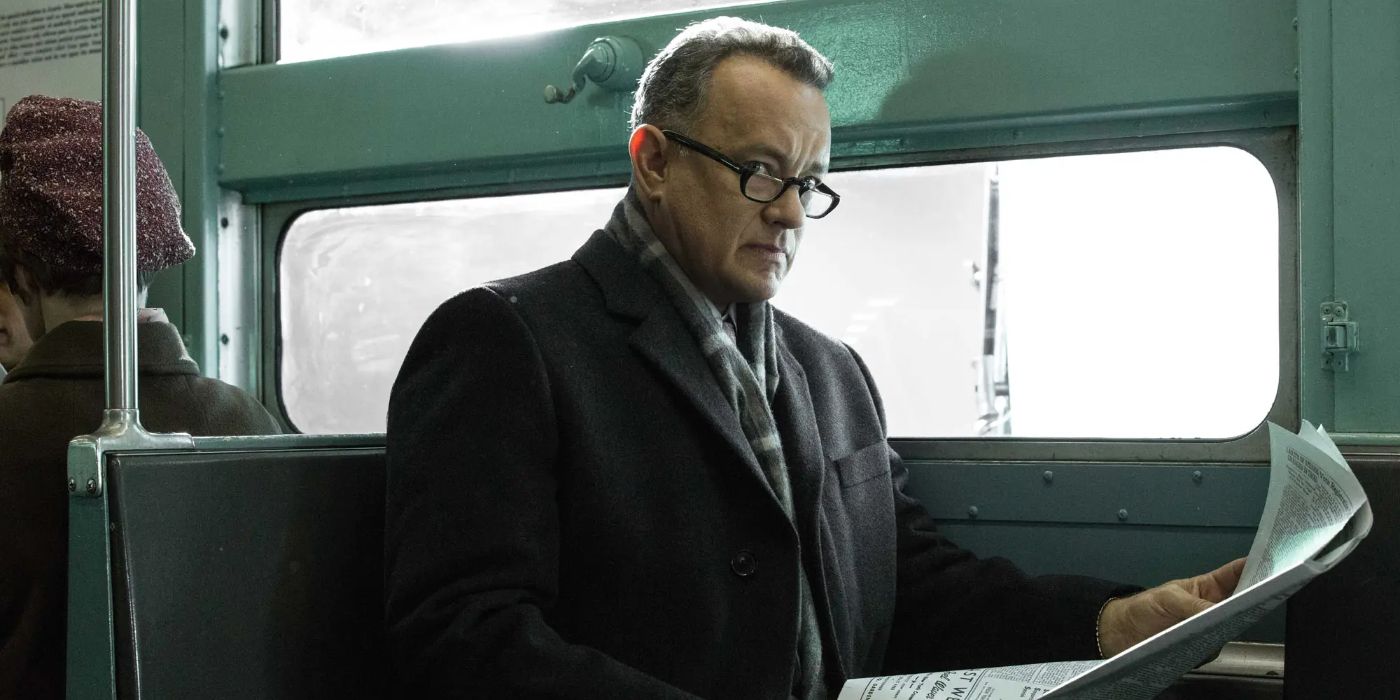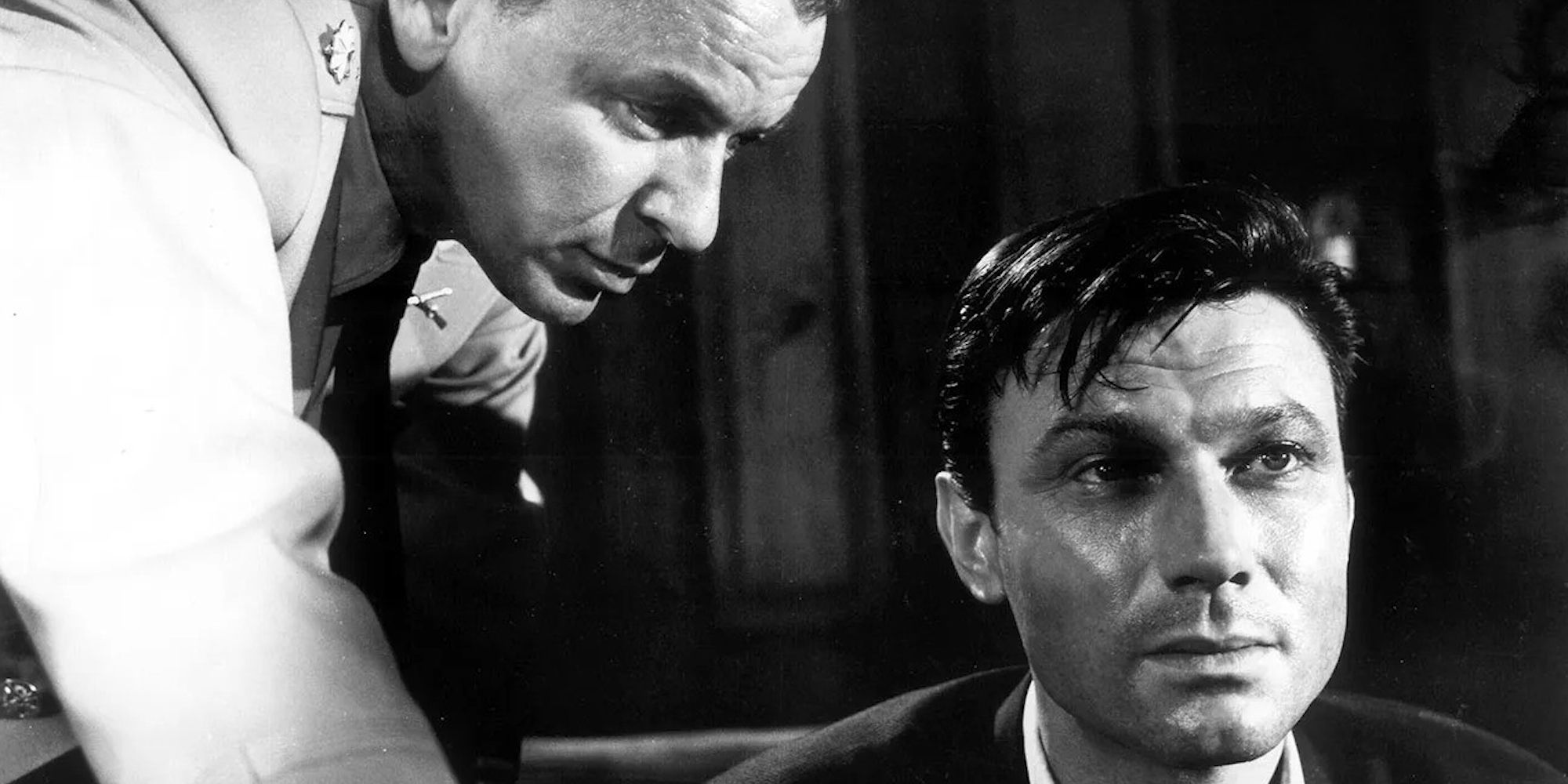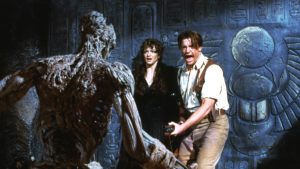
Political thrillers are tricky to get right but can be a ton of fun when handled well. They seem to have dipped in popularity (and quality) in recent years, perhaps because even their most compelling plots struggle to compete with the craziness of real-life politics. Still, the annals of movie history are jam-packed with political thriller gems, meaning that fans of this subgenre have a lot of classics to explore.
With this in mind, this list looks at some of the defining political thrillers out there, from 1960s espionage films to tales of 21st-century leakers. The best of these movies feature intricate narratives, brisk plots, layered protagonists, and a ton of food for thought, casting politics in a fresh light. From fearless journalists to world-weary special agents, the following movies prove that ‘smart’ and ‘entertaining’ need not be mutually exclusive.
10
‘The Ides of March’ (2011)
Directed by George Clooney
“You can lie, you can cheat, you can start a war, you can bankrupt the country—but you can’t f*** the interns.” The Ides of March represented the formidable pairing of star Ryan Gosling and director George Clooney, aided by talented supporting players like Philip Seymour Hoffman, Paul Giamatti, and Marisa Tomei. Gosling is Stephen, an idealistic campaign manager for Governor Mike Morris (Clooney), a presidential hopeful. After explosive secrets surface, Meyers finds himself entangled in a web of betrayal and corruption.
This is a great study of political idealism shattered, anchored by strong performances and subtle writing. The movie is also an immersive snapshot of politics during the early Obama era; a much simpler time but also one with more than its fair share of problems. The Ides of March starts out as a solid drama but gets more gripping as it rolls along, building to a tense climax that proves that movies can be both smart and entertaining.
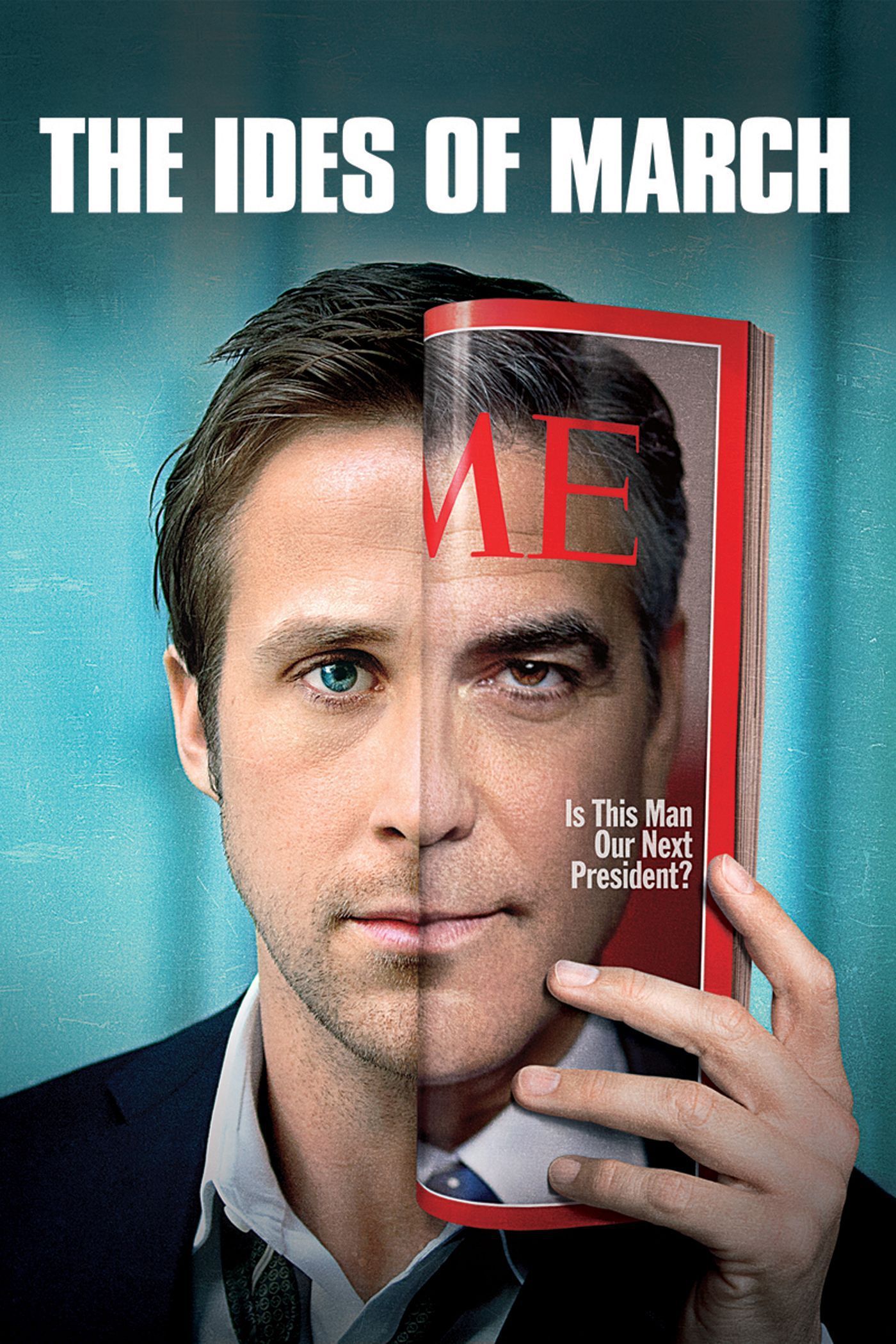
The Ides of March is a drama film that sees Ryan Gosling star as Stephen Meyers, an employee of Governor Mike Morris’ campaign trying to run for president. Though Morris’ ideas could present a significant shift in the world, one primary goes south, leaving Stephen to rush to try to pick up the pieces. Stephen’s morality and integrity and challenged when he realizes the only way to help his candidate win is to play as dirty as his opponents.
9
‘JFK’ (1991)
Directed by Oliver Stone
“Let justice be done though the heavens fall.” Political conspiracy theories are doing a roaring trade these days, and one of the best movies about the conspiratorial mindset remains Oliver Stone‘s JFK. This drama follows New Orleans District Attorney Jim Garrison (Kevin Costner) as he launches an investigation into the events surrounding Kennedy‘s assassination. Garrison’s relentless pursuit of the truth leads him through a labyrinth of hypotheses, questionable witnesses, and government cover-ups.
Some have criticized the movie’s factual accuracy, but JFK still works as a fast-paced, strongly acted exploration of political power and deception. It also speaks to a lot of the public’s anger with the government and the widespread feeling that the powers that be are hiding something. Overall, the movie is big (it clocks in at over three hours), bold, and controversial, riddled with narrative missteps and flights of fantasy, but still engaging and commendable. Stone was nothing if not committed to this project.

New Orleans District Attorney Jim Garrison discovers there’s more to the Kennedy assassination than the official story.
- Cast
-
Sally Kirkland
, Anthony Ramirez
, Ray LePere
, Steve Reed
, Jodie Farber
, Columbia Dubose - Runtime
-
189 minutes
- Writers
-
Oliver Stone
, Zachary Sklar
, Jim Garrison
, Jim Marrs
8
‘Munich’ (2005)
Directed by Steven Spielberg
“We’re supposed to be righteous. That’s a beautiful thing. But we’re losing it.” On the other end of the spectrum is Steven Spielberg‘s Munich, a much more measured recreation of history. It’s a harrowing account of the Israeli government’s response to the 1972 Munich Olympics massacre. Eric Bana has top billing as the Mossad agent tasked with leading a covert team to eliminate the individuals responsible. As the team carries out their mission, the moral and psychological toll of their actions begins to weigh on them.
This was challenging material for a film but Spielberg rises to the occasion, crafting a series of tense sequences and moody scenes. The John Williams score is similarly top-notch, as is the shadowy, brooding cinematography by Janusz Kamiński, who also lent his talents to Schindler’s List and Saving Private Ryan. The narrative momentum flags at times, but Munich is still an impressive achievement. Few directors would have pulled it off this well.
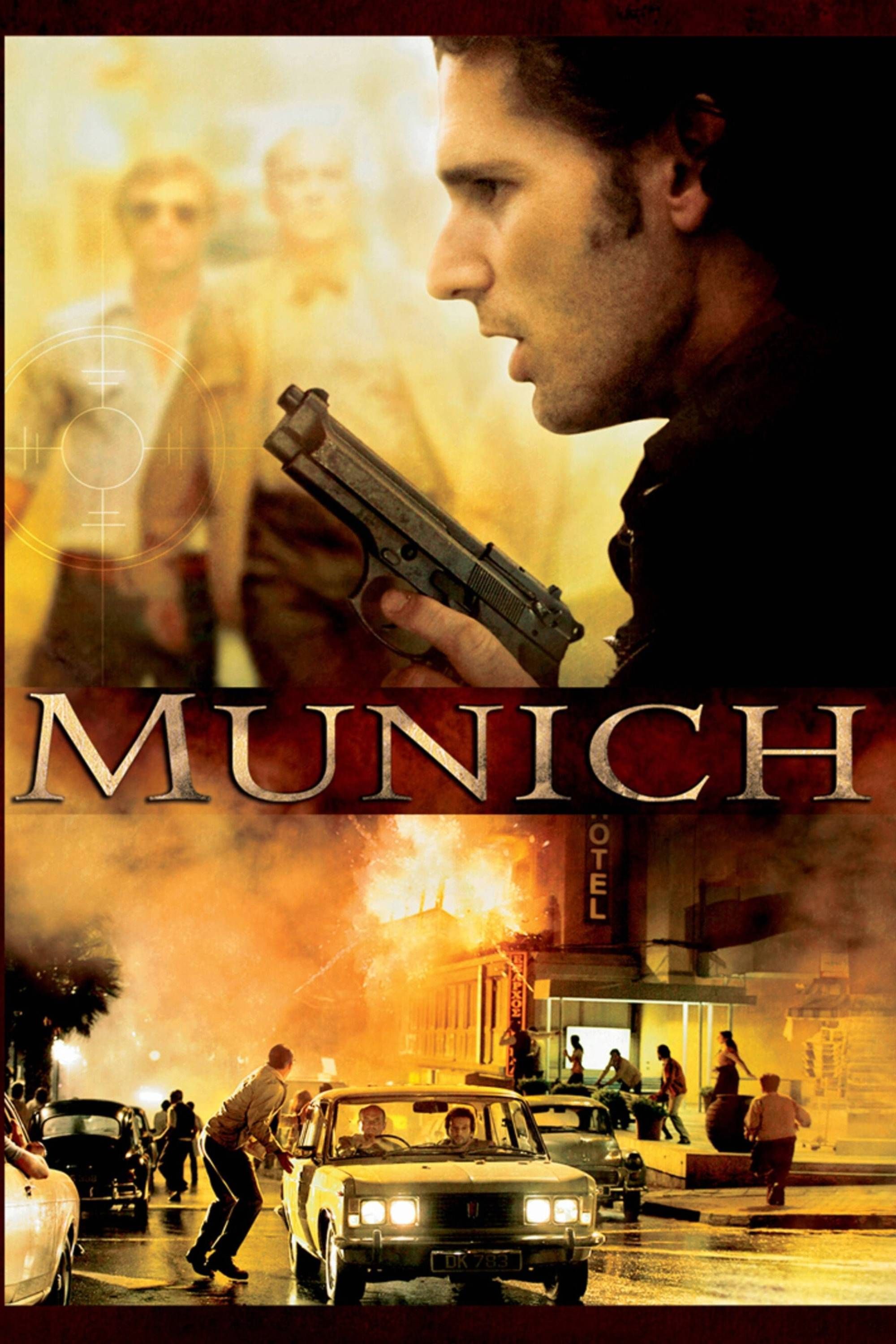
- Runtime
-
164 Minutes
- Writers
-
Eric Roth
, Tony Kushner
7
‘Blow Out’ (1981)
Directed by Brian De Palma
“It’s a good scream. It’s a good scream.” A young John Travolta turns in a fantastic performance in this Brian De Palma masterwork. He is Jack Terry, a sound technician who inadvertently records evidence of a political assassination while working on a low-budget horror film. He delves deeper into the conspiracy, ultimately placing his life and that of a young woman (Nancy Allen) on the line.
Here, De Palma channels Michelangelo Antonioni‘s Blow-Up and Francis Ford Coppola’s The Conversation (and perhaps a touch of Hitchcock) but filters them through his own unique perspective. Plus, his technical virtuosity is very much on display here; he serves up one stellar shot and intense setpiece after another. The movie’s admirers include Quentin Tarantino, who has consistently ranked it among his all-time favorites. The finished product is a great reflection of the grim mood of the late 1970s and early ’80s, with themes that still resonate and style that still charms.
6
‘Argo’ (2012)
Directed by Ben Affleck
“Argo f*** yourself!” Argo dramatizes the mostly true story of a covert CIA mission to rescue six American hostages trapped in Tehran during the Iranian Revolution. Director Ben Affleck stars as Tony Mendez, a CIA operative who devises an audacious plan to extract the hostages under the guise of a fake sci-fi film production. While the movie plays a little fast and loose with the facts, it compensates by being slick, funny, engaging, and tightly constructed.
The storytelling is flavorful and fun, especially in the gorgeous, animated opening sequence recounting the history of the Iranian revolution. Affleck’s direction is confident and light-touch (his lack of an Oscar nomination is still a head-scratcher), finding the heart and humor in what could have been a dry history lesson. He borrows the structure of a crime caper but fleshes out the setting with ’80s espionage and geopolitics. The result is entertainment for adults done right.
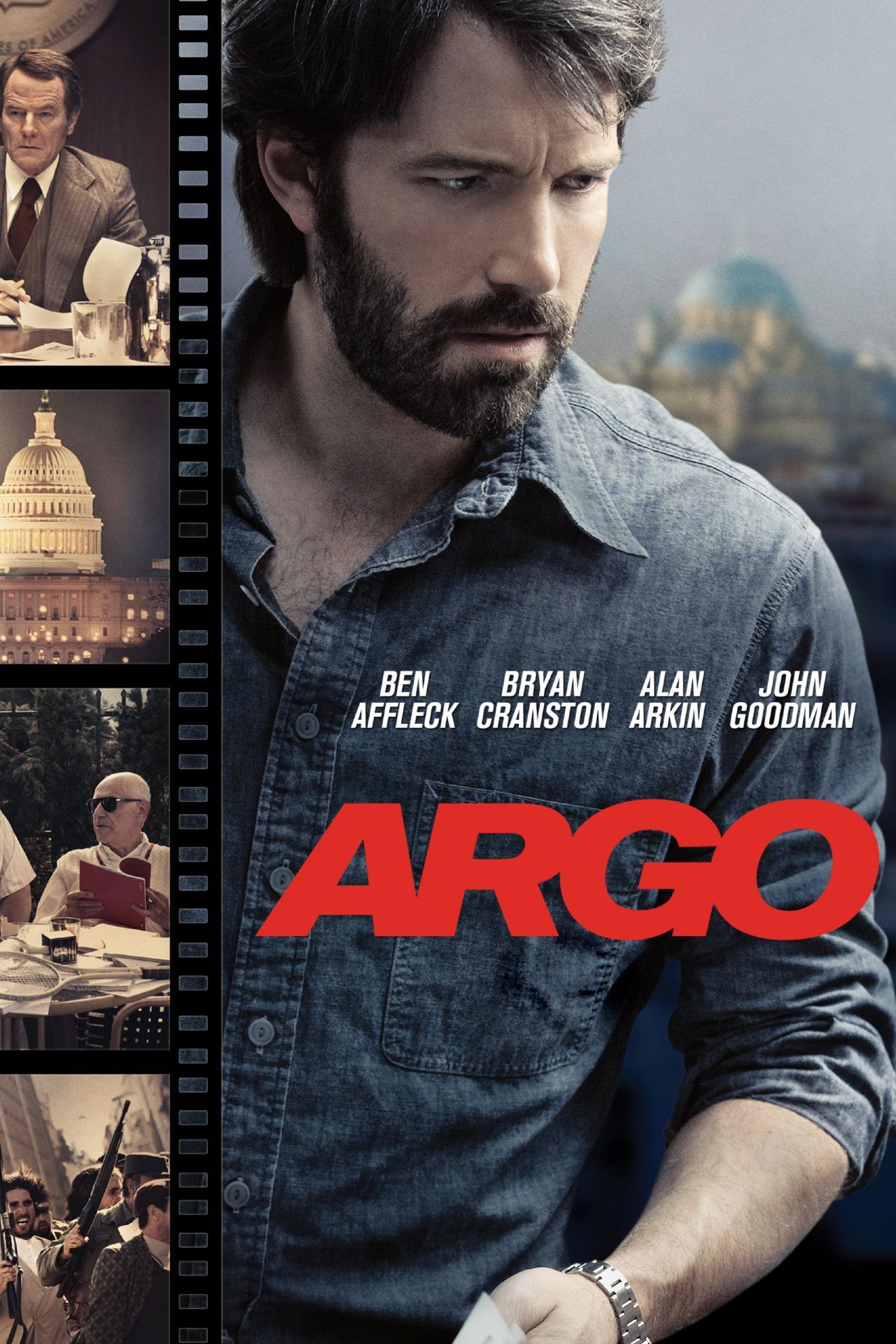
Acting under the cover of a Hollywood producer scouting a location for a science fiction film, a CIA agent launches a dangerous operation to rescue six Americans in Tehran during the U.S. hostage crisis in Iran in 1979.
- Runtime
-
120 Minutes
- Writers
-
Chris Terrio
, Tony Mendez
, Joshuah Bearman
5
‘Reality’ (2023)
Directed by Tina Satter
“I said I’d never tell anyone, but here I am, I guess.” In contrast to some other movies on this list, Tina Satter‘s Reality is a film that stays deeply true to the facts, often recreating dialogue verbatim from the events it depicts. Sydney Sweeney delivers one of her strongest performances as the improbably named Reality Winner, a former intelligence contractor who leaked classified information about Russian interference in the 2016 U.S. elections.
The film unfolds in near real-time as the FBI interrogates here, using actual transcripts from the day to ratchet up the tension. The movie is restrained and claustrophobic, pivoting between humorous moments and deadly serious ones, as the fake-friendly agents eventually drop their ruse. More than the sum of its parts, this lean film (it’s just 82 minutes long) raises thorny questions about government secrecy, the public’s right to know, and the appropriate treatment for whistleblowers and leakers.
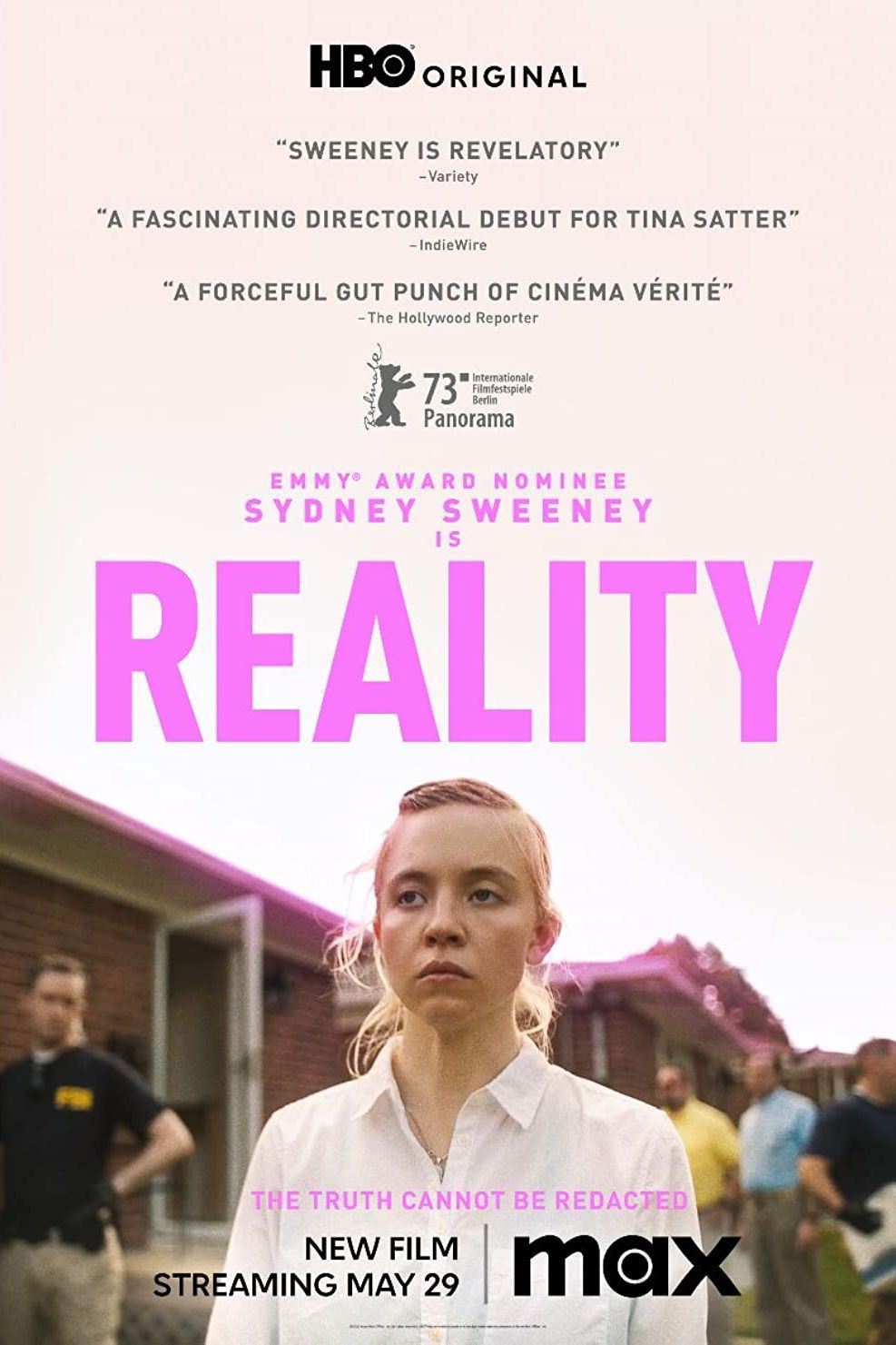
A former American intelligence specialist was given the longest sentence for the unauthorized release of government information to the media about Russian interference in the 2016 United States elections via an email operation.
- Runtime
-
83 Minutes
- Writers
-
Tina Satter
, James Paul Dallas
4
‘The Conversation’ (1974)
Directed by Francis Ford Coppola
“I’m not afraid of death, but I am afraid of murder.” This masterclass in paranoia features Gene Hackman as Harry Caul, a surveillance expert who becomes obsessed with the morality of his work. When Harry records a conversation suggesting a murder plot, his professional detachment begins to unravel, leading him into a downward spiral of guilt and hypervigilance.
While overshadowed by Coppola’s other ’70s output, The Conversation is still a smart, taut character study and thriller, perfectly speaking to the Watergate era. This is an existential spy movie, as much about the protagonist’s fractured psyche as it is about the powers supposedly operating from the shadows. Caul is a deeply tragic figure, isolated and depressive despite his technical abilities, played to perfection by a peak-career Hackman. Not for nothing, the actor once named The Conversation as his favorite of all the movies he’s appeared in. Coppola’s layered script gives him a lot to work with.
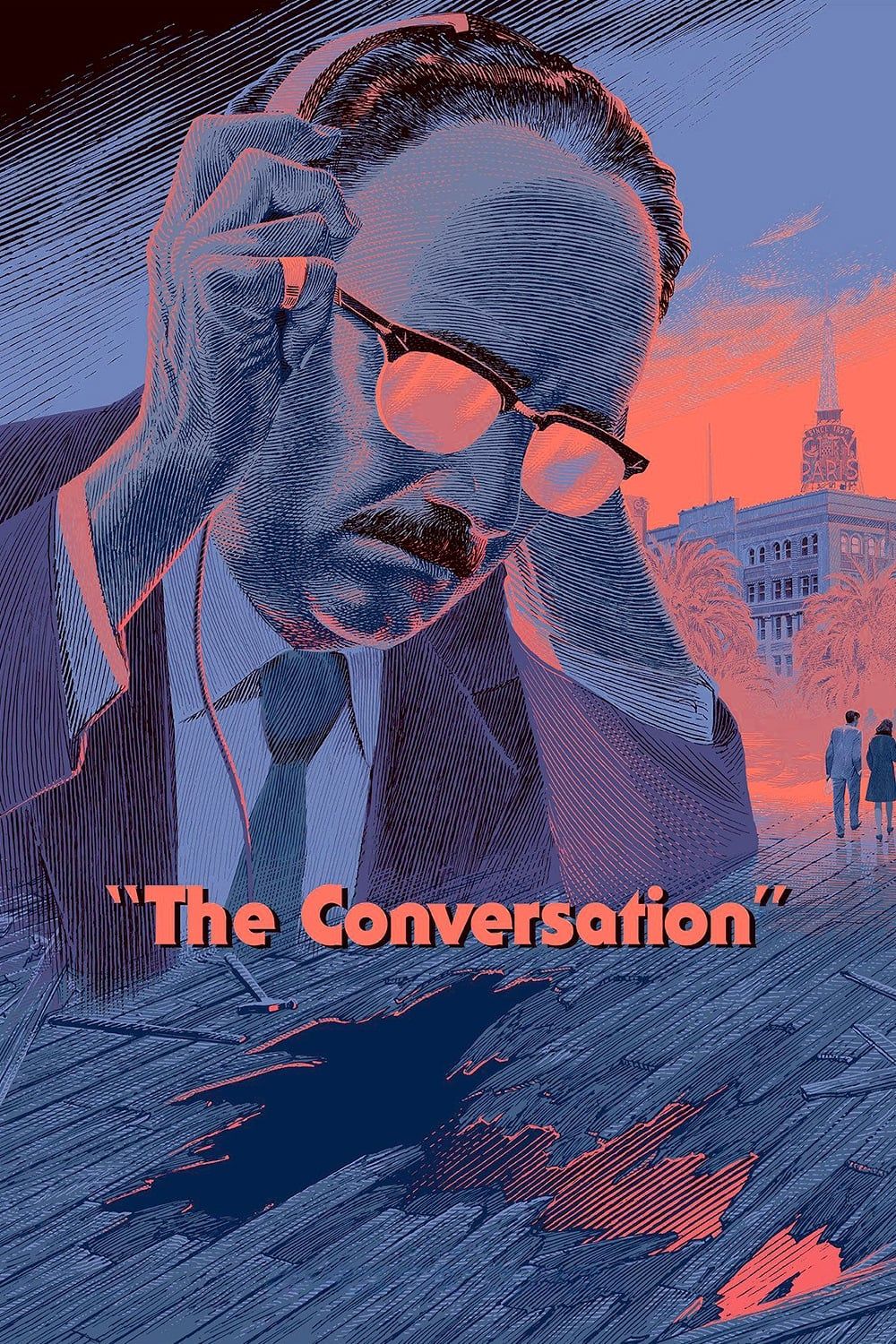
The Conversation
A paranoid, secretive surveillance expert has a crisis of conscience when he suspects that the couple he is spying on will be murdered.
- Cast
-
Gene Hackman
, John Cazale
, Allen Garfield
, Frederic Forrest
, Cindy Williams
, Michael Higgins - Runtime
-
113 minutes
- Writers
-
Francis Ford Coppola
3
‘All the President’s Men’ (1976)
Directed by Alan J. Pakula
“If you don’t mind, I’d like to ask some questions.” All the President’s Men chronicles the investigation by Washington Post journalists Bob Woodward (Robert Redford) and Carl Bernstein (Dustin Hoffman) into the Watergate scandal. In one of the most dramatic examples of the pen being mightier than the sword, their dogged pursuit of the truth ultimately led to the resignation of President Richard Nixon.
Director Alan J. Pakula ably brings the film to life, working well from the script by William Goldman, who also wrote The Princess Bride. The film also wows on the acting front, with Redford and Hoffman bouncing off one another energetically, making for a surprisingly effective duo. Finally, the film’s snapshot of the journalism business in the early ’70s is vivid and tangible, really grounding the viewer in that time. For all these reasons, All the President’s Men continues to be held in high regard and remains a high watermark for films about journalism.
2
‘Bridge of Spies’ (2015)
Directed by Steven Spielberg
“We need to have the conversations our governments can’t.” Another strong Spielberg period piece, Bridge of Spies is a Cold War-era thriller about insurance lawyer James Donovan (Tom Hanks), who is recruited to negotiate a prisoner exchange between the United States and the Soviet Union. Hanks’s gravitas and everyman likability keep everything grounded, while Mark Rylance contributes an Oscar-winning performance as Soviet spy Rudolf Abel.
Rather than action, Bridge of Spies deals in well-written dialogue and meticulous historical recreation, conjuring up a transporting mood. Spielberg manages to make old espionage formulas new again, giving them the kind of prestige treatment they hadn’t had for a while. It works because the characters are front and center. They feel like real people rather than plot devices, and through them, the viewer gets a sense of the entire public mood of the time. It’s further proof that Spielberg is one of the best historical storytellers.
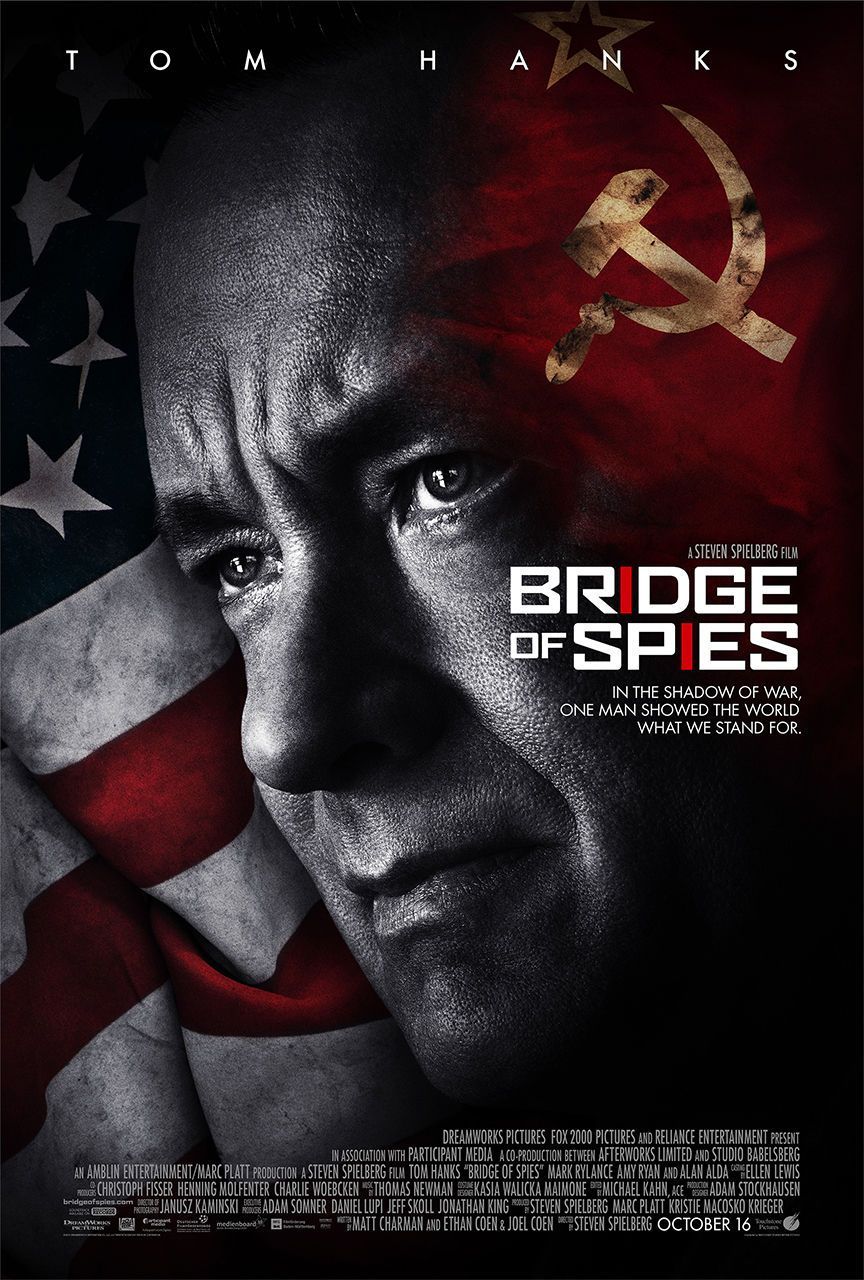
Directed by Steven Spielberg, Bridge of Spies follows American lawyer James Donovan, who is recruited by the CIA to negotiate the release of a U.S. Air Force pilot who was shot down over the Soviet Union. Tom Hanks stars in the 2015 historical drama based on the true story.
- Runtime
-
142 Minutes
- Writers
-
Joel Coen
, Matt Charman
, Ethan Coen
1
‘The Manchurian Candidate’ (1962)
Directed by John Frankenheimer
“Why don’t you pass the time by playing a little solitaire?” Claiming the top spot on this list is, perhaps unsurprisingly, The Manchurian Candidate, one of the all-time most influential movies in this subgenre. It focuses on Major Bennett Marco (Frank Sinatra), who uncovers a sinister plot involving his fellow soldier, Raymond Shaw (Laurence Harvey), who has been brainwashed into becoming an unwitting assassin. This feverish noir offers a striking glimpse into the Cold War mind, where fears of communist infiltration were rampant.
Though a little fantastical at times, the movie boasts complex characters, razor-sharp social commentary, and meticulous storytelling from director John Frankenheimer. Its messages hit home, with the title quickly becoming political shorthand for any politician allegedly being used as a puppet by an enemy power. Overall, The Manchurian Candidate has aged well and is still engaging today. Political thriller junkies ought to give it a try if they haven’t already.
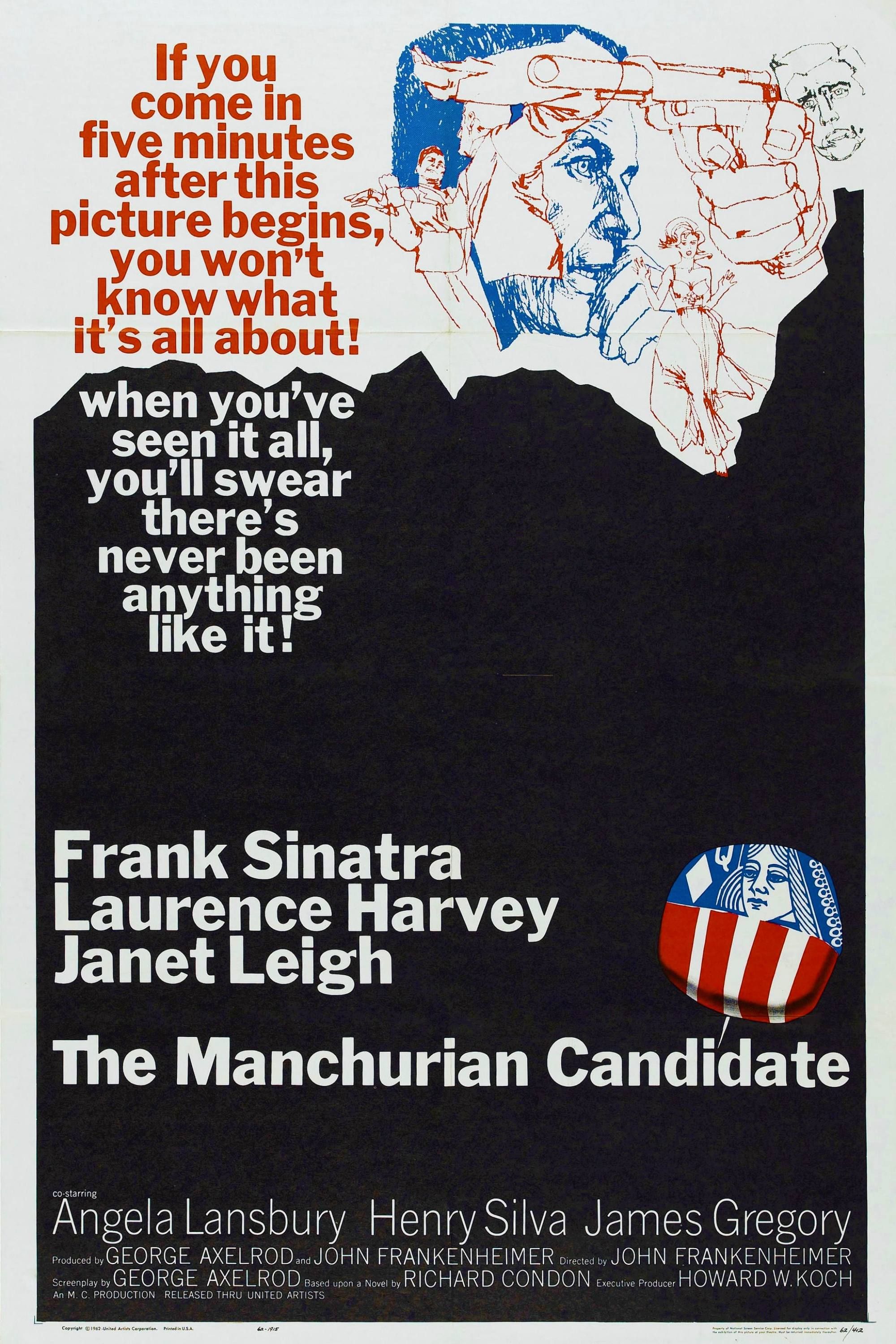
The Manchurian Candidate
An American POW in the Korean War is brainwashed as an unwitting assassin for an international Communist conspiracy.

